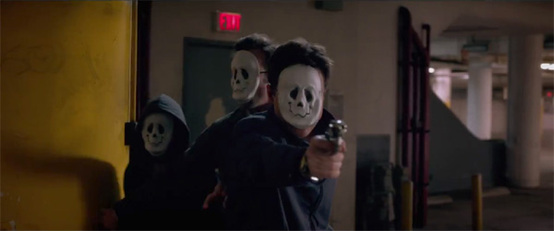 After working for terrible supervisors, Nick, Dale, and Kurt have decided to become their own bosses, launching their own shower-head business in an attempt to financially support themselves. Just when they think they've met an investor who could bring their dream to the next level, they are sabotaged, left with little time to save their business. Desperate and outmatched, the trio hatch a plan to kidnap the investor's 20-something son, holding him for ransom in an effort to regain control of their company. Sean Ander's Horrible Bosses 2 has nothing to do with horrible bosses but it is still an enjoyable comedy that lives and dies with the chemistry between Jason Sudekis, Jason Bateman, and Charlie Day. Unfairly criticized due to its concept not living up to its name, Horrible Bosses 2 is a clever sequel that changes up the formula enough to feel fresh, entertaining, and fun. A surprisingly well-written film, Horrible Bosses 2 matches its predeccesor, arguably topping it, due to its clever dialogue and ability to trust its three stars chemistry to create an enjoyable experience. Not groundbreaking by any means, Sean Anders' Horrible Bosses 2 is a clever, original sequel that features a really enjoyable performance by Chris Pine, simultaneously understanding the importance of unleashing its three stars.
0 Comments
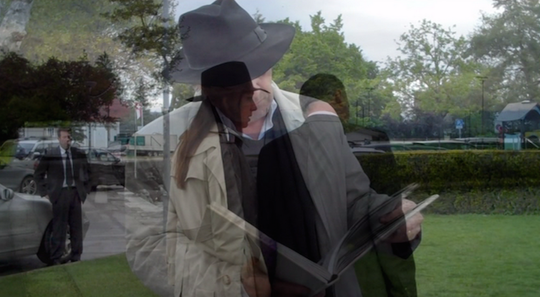 Jean-Luc Godard's Goodbye to Language is a film that defies any real type of narrative description. Godard seems to have decided that film is a way of communicating ideas, uninterested in telling stories. Goodbye to Language is a challening film in this regard, as it expresses a host of ideas related to the sociology of human existence. Expression seems to be the attribute that is most important to Godard, and Goodbye To Language is full of interesting dissertions about a host of topics including gender politics and human nature. Technically speaking the film is very impressive, with Godard delivering a cinematic treat of composition, framing, and technique. Goodbye to Language certainly comes off overbearing at times, with its intellectual style sure to turn off a lot of viewers. While I didn't love the film as much as some, it's without question fascinating, with a major theme centered around the selfishness and narcissitic nature of man, blaming everything but oneself for the problems. Society blames government but then demands they are responsible for taking care of us – the hypocrisy of humanity. Godard argues that conflict is inevitable in all aspects of life, creating a unique and memorable film. 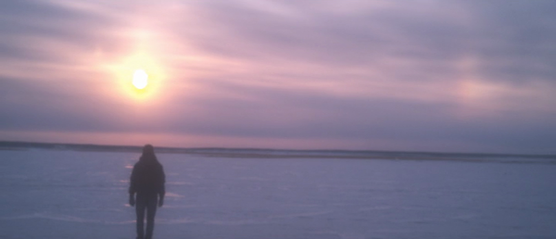 On a blisteringly cold night in the frozen isolated region of Siberia, a family travels across the countryside by van with their driver. On their way, they come across an elder seeking a ride, but the driver refuses to stop. This lack of empathy by the driver looms over all of them, as the strangers soon find themselves stranded in this hostile climate when their car unexpectedly dies. Part thriller, part poetic drama, Mikhail Lukachevsky's A White Day is a unique coming of age story full of spirituality that borders on supernatural. The structure of the film is compelling, jumping between this surivial situation the passengers find themselves in and flashbacks, that give insight into the dynamics of this family unit. The story centers around the son character, a boy who finds himself aliented by his father due to his lack of masculinity. Raised by his mother, he is a more gentle human-being which his father perceives as a slight of his character. With exquisite cinematography, A White Day deconstructs the idea of masculinity, showing a boy who is forced to grow up fast in a survival situation. As things grow more and more desperate, A White Day exquisitely captures how the mind becomes unreliable in times of desperation, taking on a spirutal element, as it paints a portrait of a man being forced to grow up fast. The final sequence involving an injured deer is a beautiful use of symbolism, capturing how this young boy has been mentally wounded and tramatized by what has happened to him, but he is still alive. While some of the family drama ends up feeling superfluous, this surivival-based coming of age story is a unique, and fascinating film. 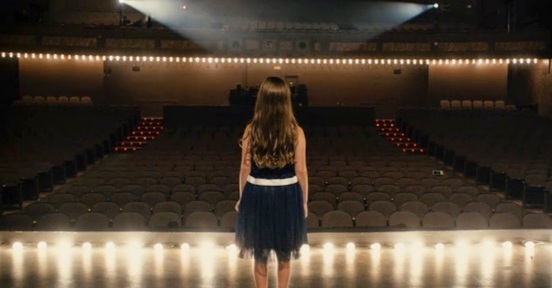 Camilla Swanson desperately wants to follow in the footsteps of her mother, a broadway diva who met a horrible death years ago. Stuck working in the kitchen of a performing arts camp, Camilla sneaks in to audition for the summer showcase. Camilla is a natural talent, quickly landing the lead role in the play, but as rehearsals begin, a string of murders commence, with a blood-thirsty killer who hates musical theater intent on making sure the show does not go on. Jerome Sable's Stage Fright is a horror-musical that struggles mightly in trying to determine what it wants to be. Stage Fright doesn't work as a horror film nor as an effective genre-spoof, failing mightidly when it comes to generating laughs or tension. Attempting to mash as many horror spoofs into the movie as possible, Stage Fright comes off half-assed, throwing everything against the proverbial wall and hoping something sticks. Outside of a few clever nods to Carrie and Psycho, Stage Fright is a sloppy spoof, thats strength is its playful teasing of drama students. While I can't say I laughed very much, Stage Fright is at its best when it takes shots at musical theater students, poking fun at many of the stereotypes associated with thespians. For example, the idea that the killer is a metalhead who absolutely despises musicals was one of the better gags of the film, with a few cleverly staged musical numbers that play off the hardcore rock vs. musical theater clash. Leaving something to be desired from both a comical and horror perspective, Stage Fright is a film that will only be enjoyed by hardcore fans of the musical-horror mashup genre. 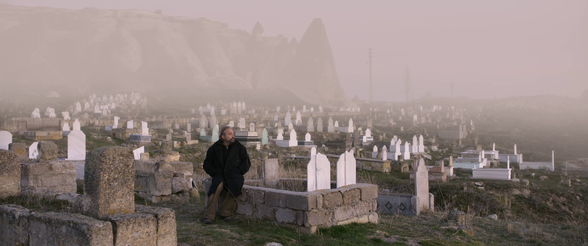 Aydin is a failed former actor, who now runs a beautiful yet quant hotel in central Anatolia thanks to his sufficient inheritance. Necla, Aydin's sister, currently lives at the hotel as well, suffering from a recent divorce she is able to find solace in these walls that bring her back to an earlier, happier time in her life. Enjoying a prosperous life, with income derived from various sources including rented property, Aydin seems to be a man of great character and principle but as winter comes and the snow begins to fall, it becomes apparent that Aydin's life is in full of empty conceits. Nuri Bilge Ceylan's Winter Sleep a impressive character study of a man whose own ego and intellectualism has led him down a destructive path. Ceylan has created a rather seething commentary on Intellectuals and Elitists in modern society, with Aydin being a well-intentioned man who substitutes talk for action. Aydin is an intelligent man without question, but his wealth and influence have given him this perceived authority to instruct and influence everyone around him. Ayran intrudes not only on his tenants but also on his wife, Nihal, who has become completely disenchanted by Aydin's constant prodding. The brutal taming of the horse sequence in the film perfectly symbolizes their relationship, with Nihal being nothing more but a decorative item for Aydin, given no true rights or freedom's away from Aydin's influence. His intellectualism is completely self-serving, with Aydin's intentions never aimed at making any type of difference, not showing any empathy for those less fortunate. While the running time is sure to alienate some viewers from seeking out the film, Ceylan's Winter Sleep is a stellar piece of filmmaking that is both grand and intimate in its examinations of humanity. 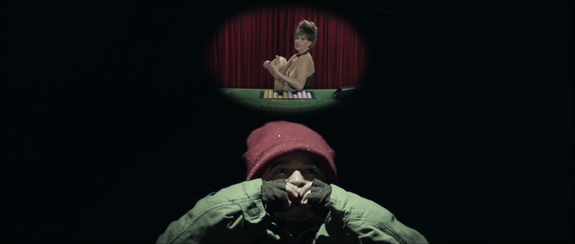 Sergio Caballero's The Distance is as crazy as it sounds on paper - Three telekinetic dwarves, each of which has their own unique special power, are hired to steal 'The Distance' by an imprisoned artist. The film follows the seven days leading up to the heist, with the Dwarves surveilling the location as they formulate a plan to get by the mutant security guard who is capable of dimension shifting and spends a lot of time talking with a supernatural chimney. The Distance is a creative, unapologetically strange experience that uses beautiful cinematograpy and absurd humor to deliver one of the most unique film's of the year. Consisting of a dark grey pallette and slow, mechanical camera movements, The Distance is reminiscient of Tarkovsky's Stalker in the cold atmosphere it creates. Of course this film couldn't be more different in tone than Tarkovsky, consisting of absurdist humor and oddball antics that combine with unnerving surrealist touches that beckon more towards some of Lynch's work. The Distance creates a completely unique world around this oddball tale, hinting at backstories and history between its characters but never feeling the need to spell anything out. If the film has more grand intentions they went over my head but I believe this is simply a film meant more to be experiences than understood. Endlessly creative and intentionally obtuse, Sergio Caballero's The Distance is a film that is sure to infuriate as many viewers as it entertains, but for those willing to give in to its oddball charms, The Distance is an absurdist treat. 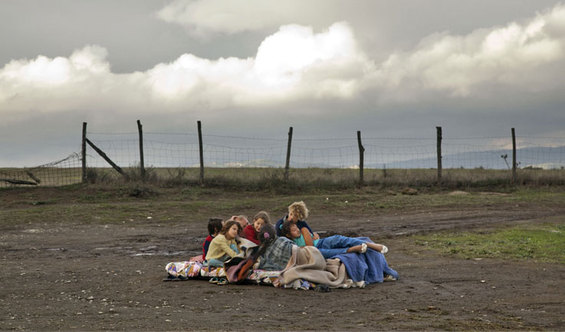 Alice Rohrwacher's The Wonders is centered around a family of beekeepers living in the isolated countryside of central Italy. The father of the household runs a strict regime, intent on secluding his children from the fast-changing outside world that he believes has fallen apart. Gelsomina, the oldest of four daughters and heir to the family business, is a hard-working young woman who begins to lash out, intent on experiencing the world outside of her father's point-of-view. This is in large part due to outside influences that begin to make Gelsomina question things. Between the arrival of Martin, a silently troubled teenage boy who is taken as a farmhand, and a cheesy television special that is recruiting local farmers, Gelsomina experiences a quasi-awakening as she begins to question her families long-standing standards. The Wonders is a nuanced and complex portrait of family which effectively captures a family trying to live by their own standards. A coming of age film of sorts, The Wonders is a very restrained experience, subtlety hinting at various family dynamics while never going so far as to state them out right. The film conveys a sense of wonder and confusion that oftentimes is a integral part of growing up, showing how this creates a strain on family while simultaneously being an important part of how families evolve. The Wonders works so well because it isn't just a coming of age tale but a film about society vs. family, rural vs. urban, with Gelsomina's family unwilling to adjust to the modernized world. The film doesn't pick sides, showing the constraints of living on the outskirts of society both economically and politically, while simultaneously showing this intimate level of affection which seclusion provides. Alice Rohrwacher's The Wonders is a film that purposely leaves the viewer in the dark, unwilling to explain the character's backstories, which in the end makes it an endlessly more fascinating and complex study of family and the outside factors that influence it. 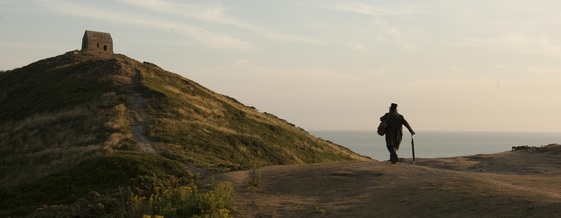 Mike Leigh's Mr Turner explores the life of renowned British painter J.M.W. Turner, an eccentric man who was not exactly a warm-hearted person. Focusing on the last quarter century of his life, Mr. Turner explores how the death of his father deeply affected him, and a few of his personal relationships, from the love of his housekeeper which he completely ignored, to the relationship he formed with a seaside woman in Chelsea. The first thing that jumps out about Mr. Turner is the incredibly rich and textured cinematography, which by itself attempts to let the viewer see the beauty of the world the same way Turner did. This is without question Mike Leigh's most beautifully filmed work, that utilizes a masterful performance by Timothy Spall to make an unlikeable genius sympathetic. Leigh uses Turner's paintings, which often depicted chaotic sea conditions, as a symbolic representation of Mr. Turner himself, a man who seems to constantly be wrestling with his inner disdain for most people and things. Leigh depicts turner as not someone who is lonely but someone who appreciates solitude, presenting an arguement that they are not even remotely the same thing. It's subtle, but Mr. Turner also makes the case that art is for everyone, not just the wealthy, with the film capturing how high society basically dictates art. LIke all of Leigh's films what may be most impressive about Mr. Turner is how fully-dimenionsal and fleshed out his supporting characters are. From Mr Turner's housekeeper to his lover, these character are empathetic and shown great care by the filmmaker, which in turn only aids in making Mr. Turner a stronger film overall. 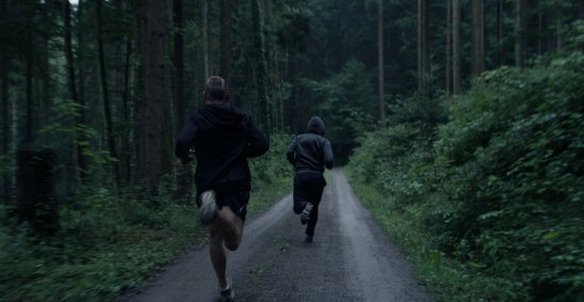 Marc,seems to have the type of life most men dream of, having a loving wife and being an expectant father. A police academy trainee, Marc works long hours training and preparing to be a police officer. With the arrival of Kay, another police trainee, Marc begins to question his own sexuality, after their friendship turns intimate on one of their daily cross-country jobs. Stephan Lacant's Free Fall is a pensive study of a man wrestling with his own sexual orientation, encapsulating the burden and collateral damage living a lie could have on everyone you love. Living in the old-fashioned, macho social structure of urban police officers, Free Fall has a quiet tension throughout its running time, with both Marc and Kay essentially putting their lives at risk every day. What makes Free Fall stand out from a lot of other LGBT films is that it it isn't complacent in just telling a story about sexual identity, rather elevating itself beyond that, presenting a powerful examination of oppression felt by any type of minority. From a craftsmanship standpoint, Stephan Lacant really uses shadows to great effect, symbolizing the stripe and uncertainty Marc is going through, hiding from this macho, old-fashioned culture. Emotionally poignant, Free Fall finds the character of Marc torn between his pregnant wife and his personal desires, with the film arguing that there is no easy way out.  After her failed marriage, Gloria becomes sheltered emotionally, living alone in a modest apartment with her daughter. Impelled by her friend, Madeleine, Gloria agrees to begin dating again. On her first date with Michel there is an instant spark, with Gloria instantly falling in love with him. Michel, a small-time con artist of single women, quickly flees from Gloria after recognizing her true affection for him. Willing to do anything to salvage this love, Gloria hunts down Michel, agreeing to assist Michel in his "widow" cons. Fabrice Du Welz's Alleluia is subversive yet silly film about the destructive power of love, affection, and loneliness. Gloria is a woman who is clearly emotionally broken, due to her previous marriage, and as Michel carries out his cons she becomes increasingly jealous, driven crazy by her fear of losing Michel. What ensues is a twisted journey into darkness, with Michel and Gloria becoming slaves to seduction and suppressed desire. While Alleluia is subversive fun, the film doesn't spend enough time exploring the fragmented psyche of its protagonists, hastily rushing forward to the next shock moment. These two characters are connected due to deeply routed psychological trauma, yet the film spends little time actually exploring this. Shot by the same cinematographer as Amer and Strange Color of Your Bodies Tears, Amer is a visually striking film that using lighting to express its characters. Featuring a very claustrophobic style with lots of close-ups and handheld, Alleluia creates a sense of paranoia that elevates the film's sense of unease. Questionable gender politics aside, Alleluia is a silly, subversive film about a morbid pact between a man with mommy issues and a woman who desperately craves affection. |
AuthorLove of all things cinema brought me here. Archives
June 2023
|
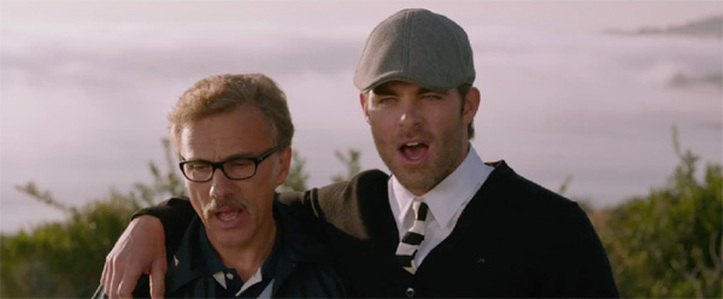
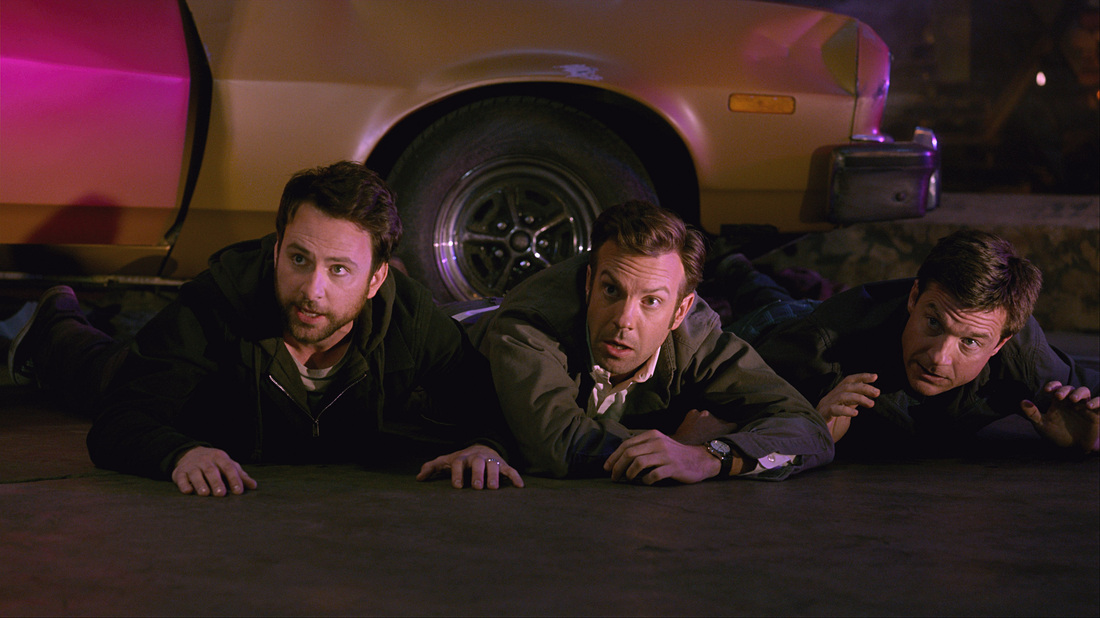
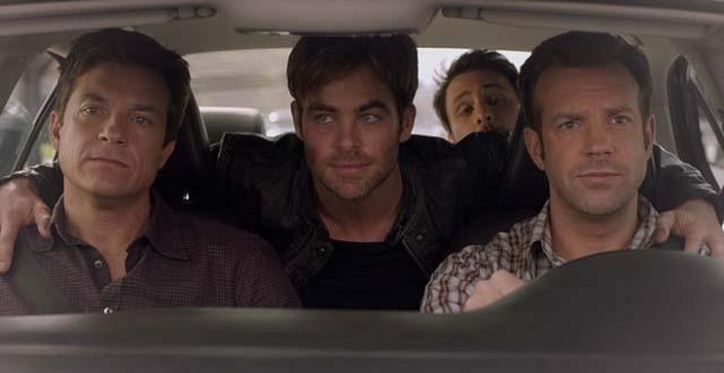

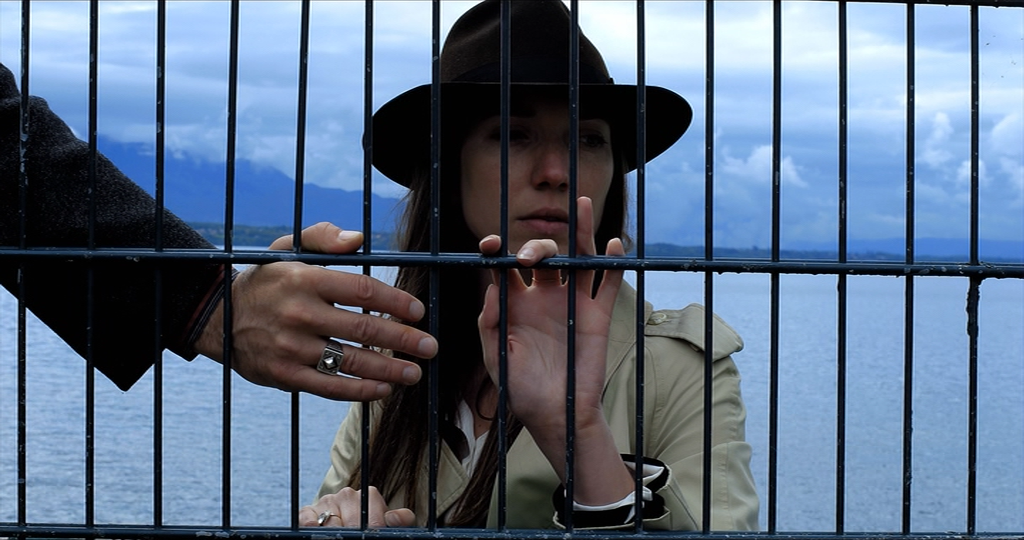
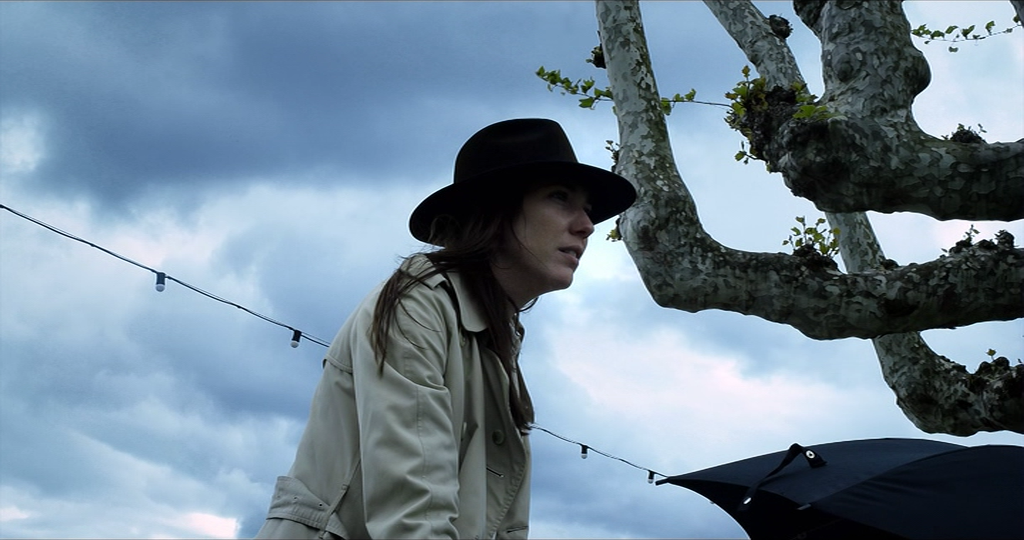
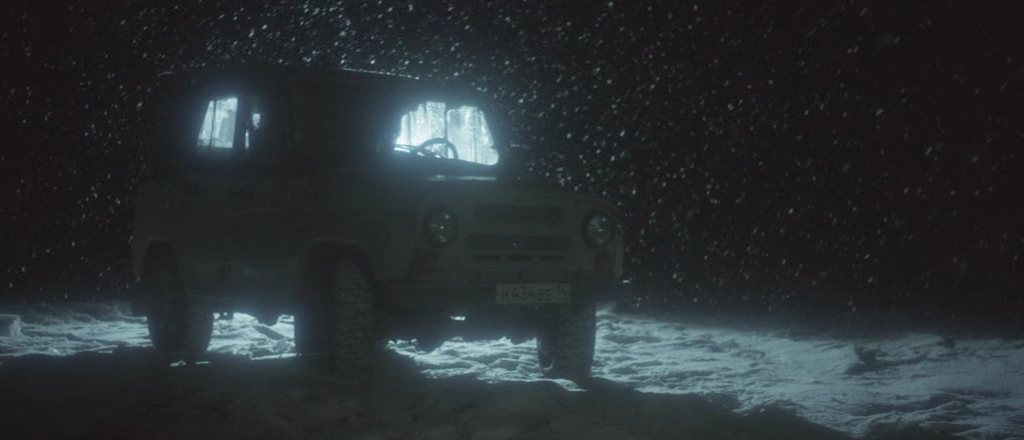
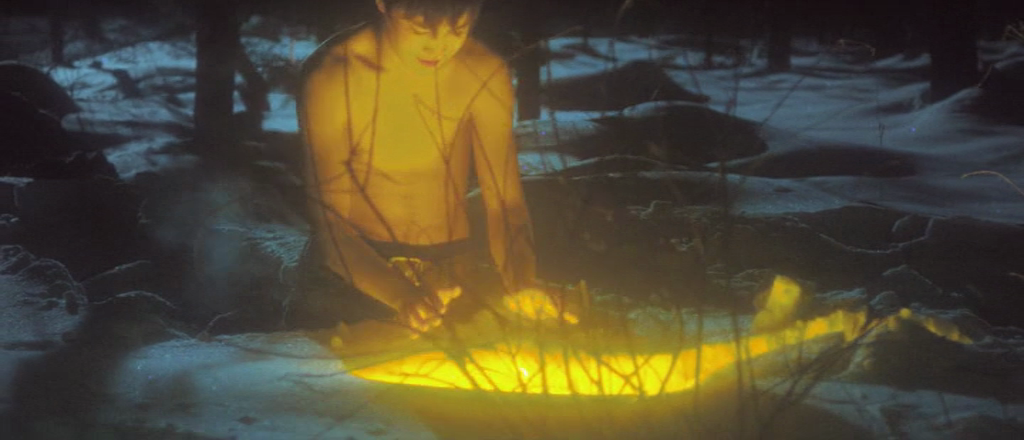
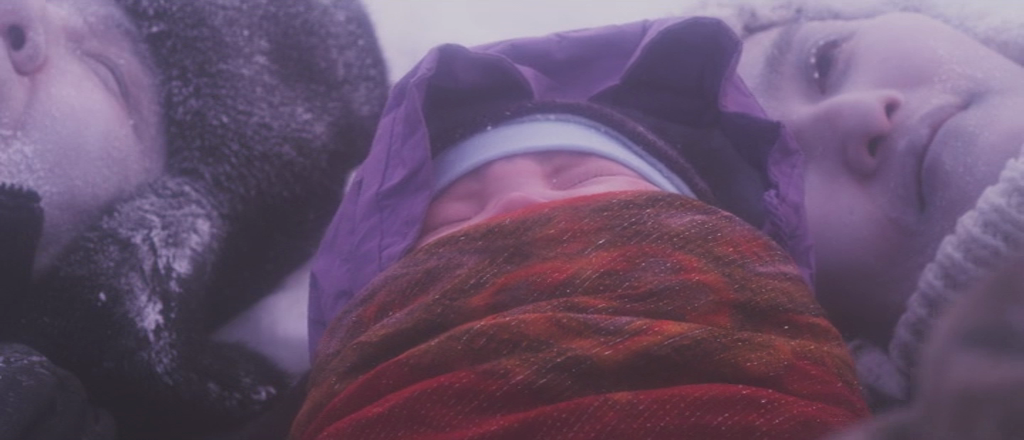
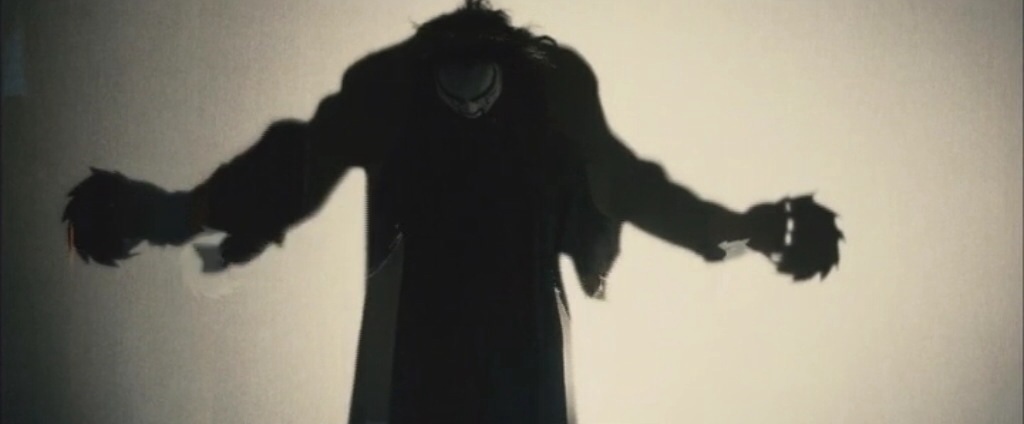
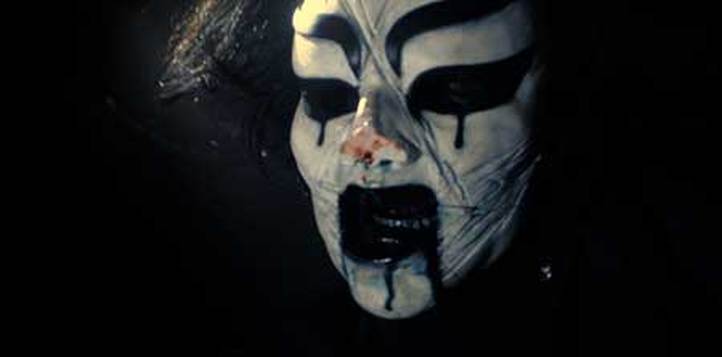
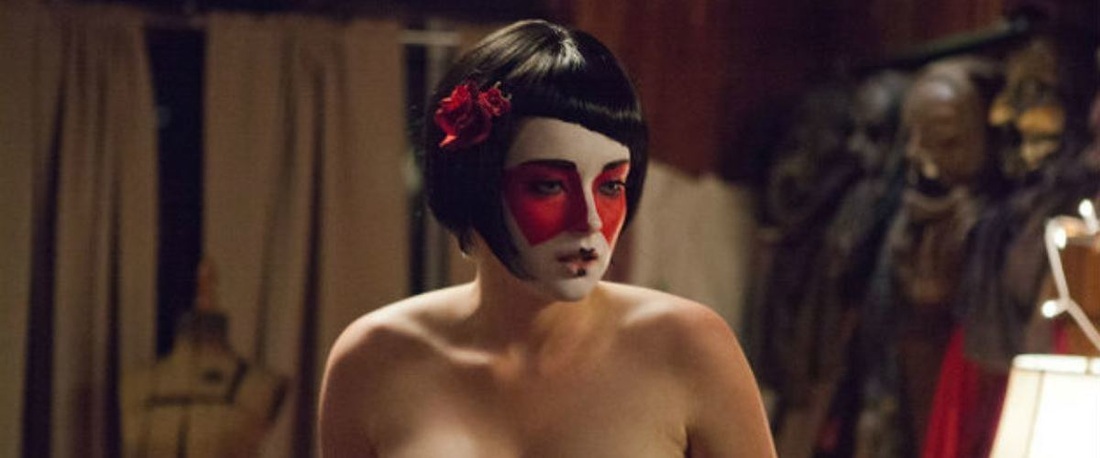
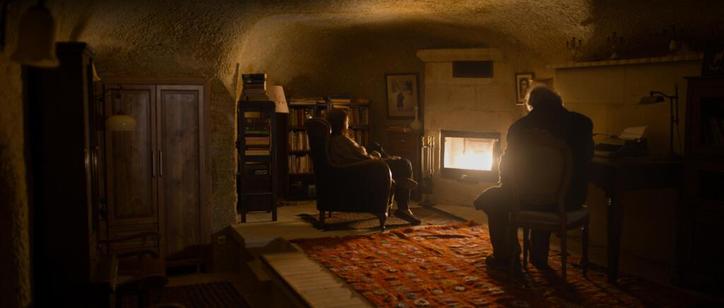
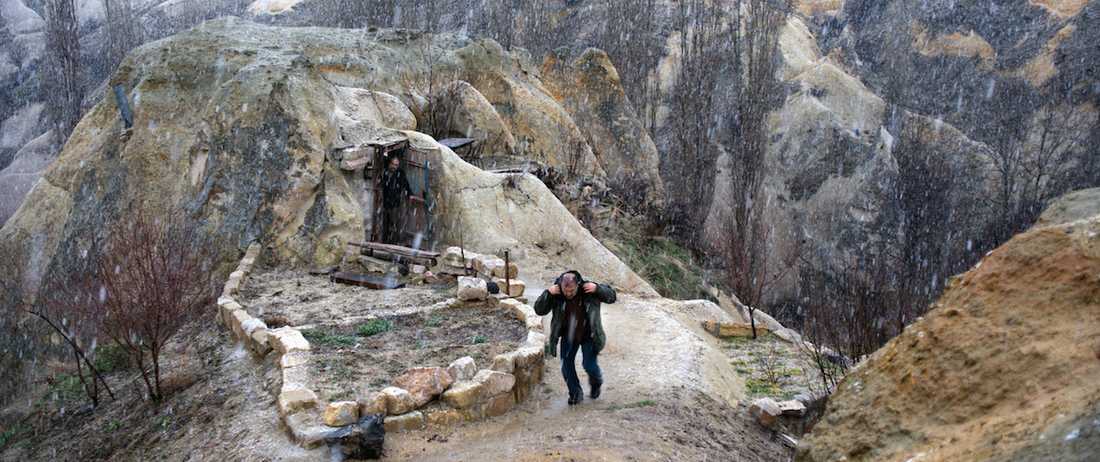
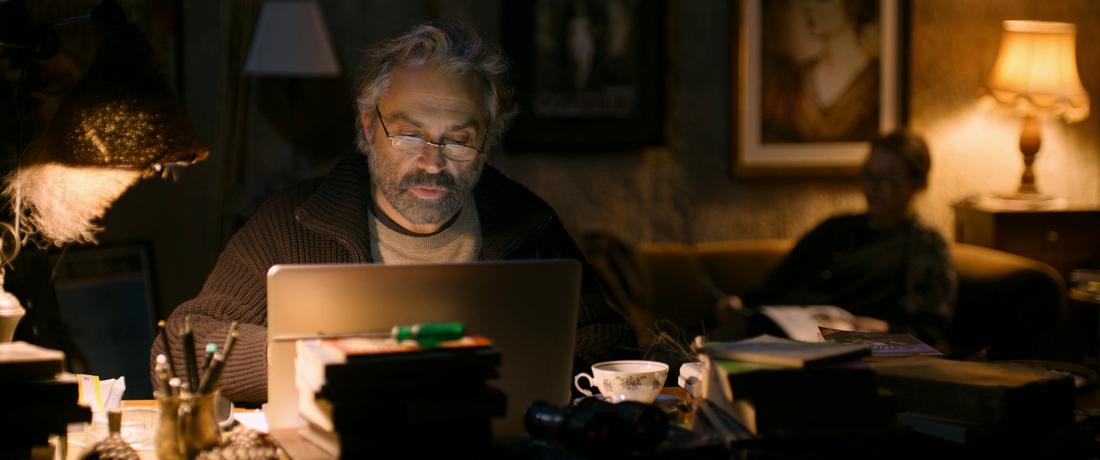
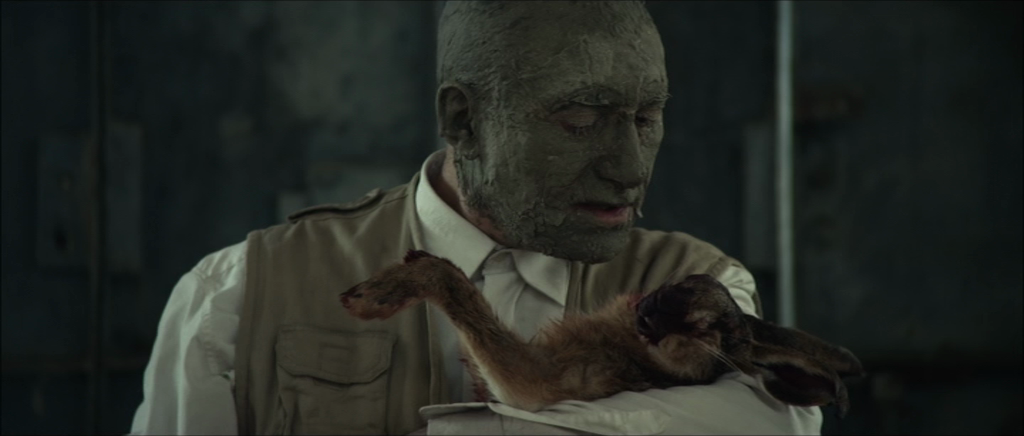
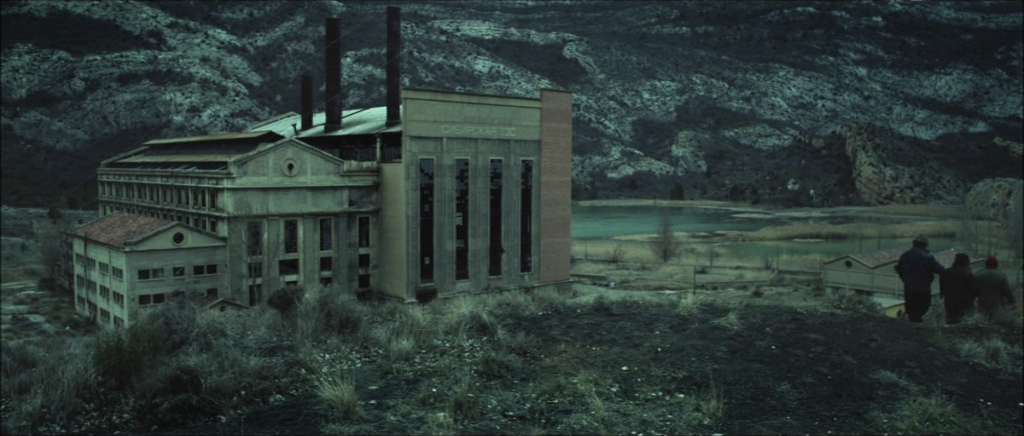
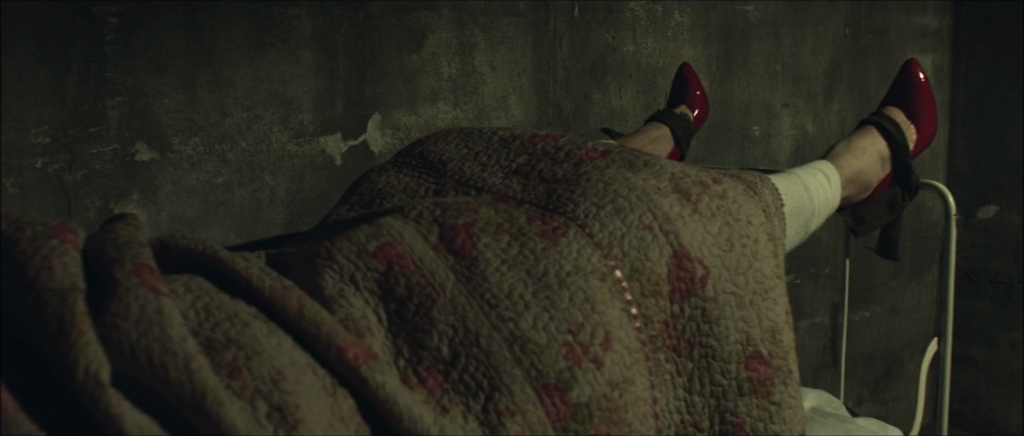
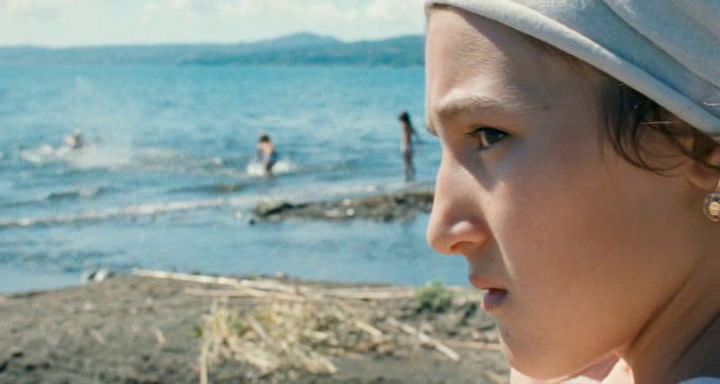
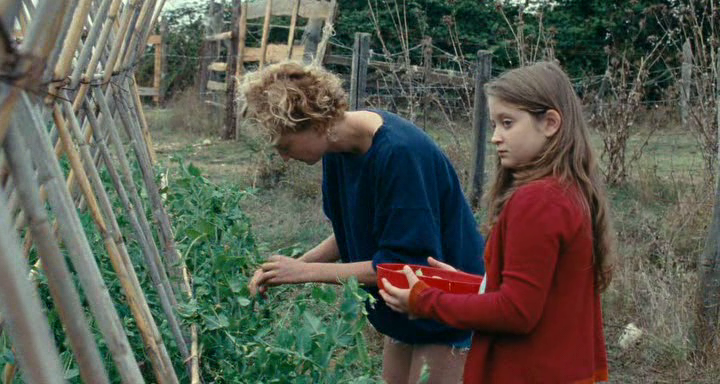
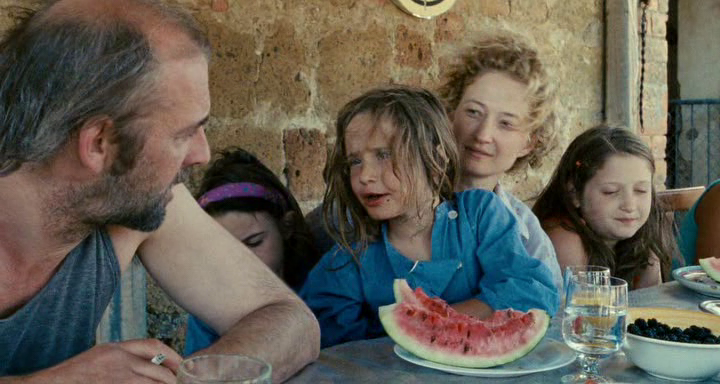
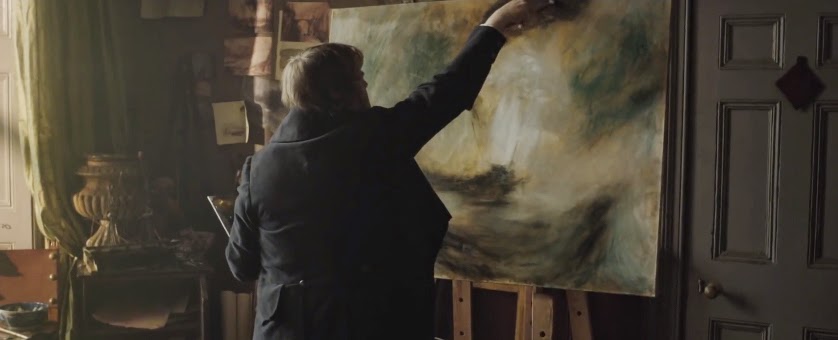
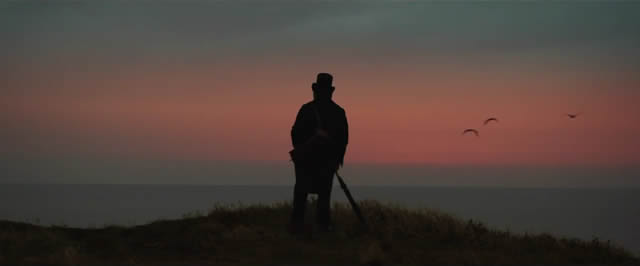
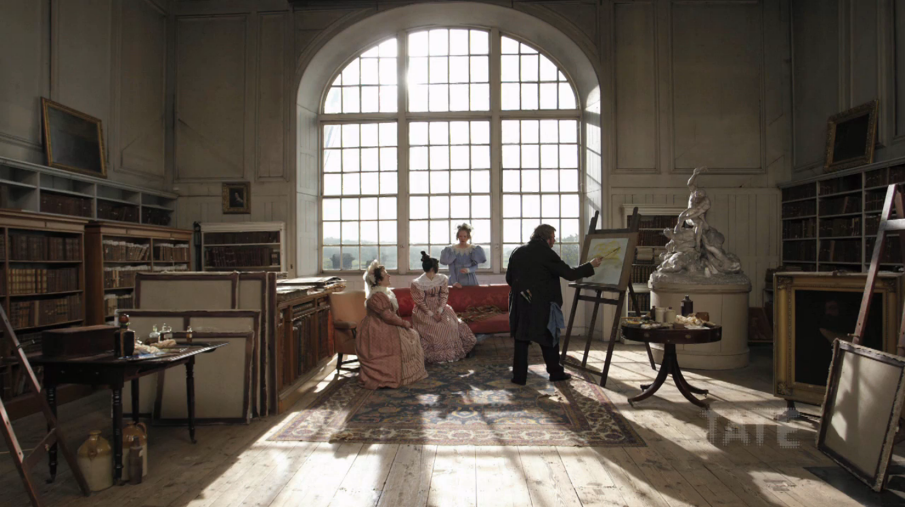

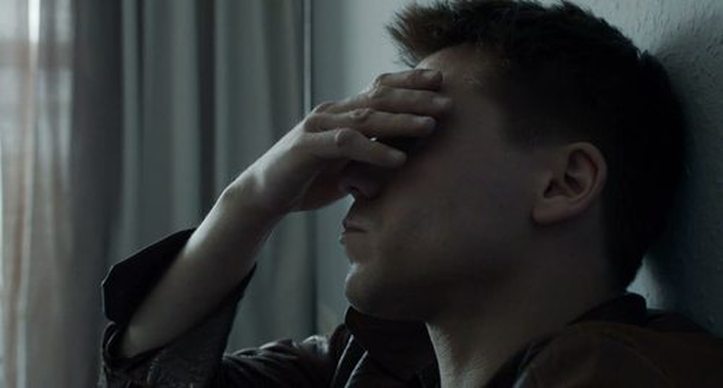
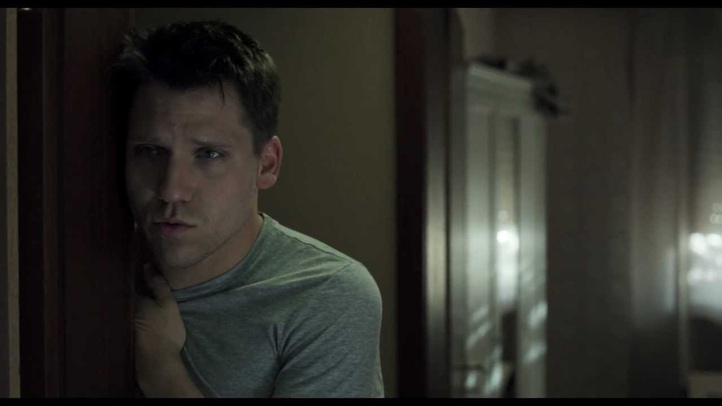
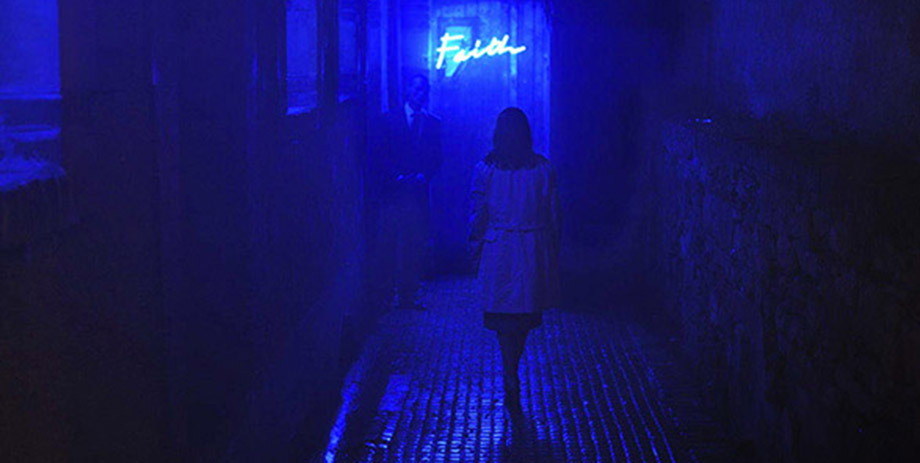
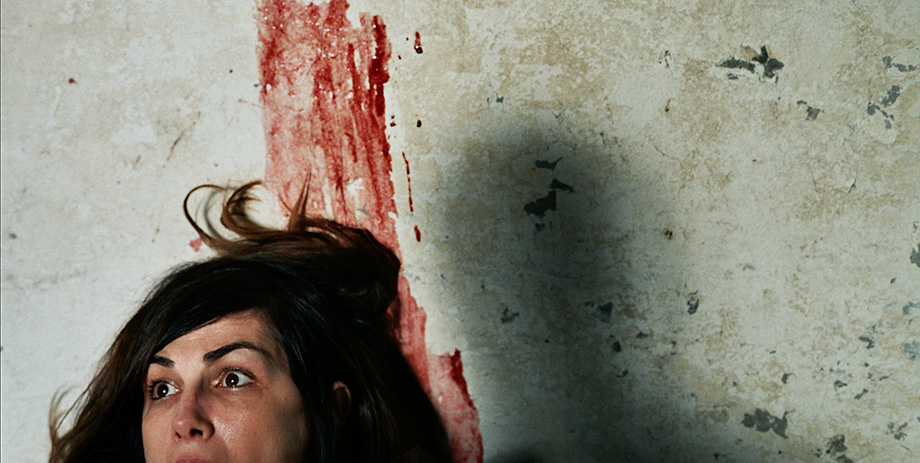
 RSS Feed
RSS Feed
